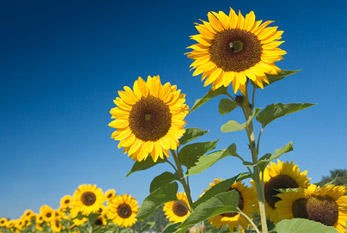Summer Solstice 2026
June 21, 2026 in Northern Hemisphere

Summer Solstice takes place on June 21, 2026. At the summer solstice, the days are longest and the nights are shortest, with day-length decreasing as the season progresses after the solstice. Summer is the warmest of the four temperate seasons, between spring and autumn. Schools and universities typically have a summer break to take advantage of the warmer weather and longer days. In all countries, children are out of school during this time of year for summer break, although dates vary.
Though the summer solstice is an instant in time, the term is also colloquially used like midsummer to refer to the day on which it occurs. The summer solstice occurs on the day that has the longest period of daylight – except in the polar regions, where daylight is continuous, from a few days to six months around the summer solstice. Worldwide, interpretation of the event has varied among cultures, but most have recognition of sign of the fertility, involving holidays, festivals, and rituals around that time.
The summer solstice occurs when the tilt of a planet's semi-axis, in either the northern or the southern hemisphere, is most inclined toward the star (sun) that it orbits. Earth's maximum axial tilt toward the sun is 23° 26'. This happens twice each year, at which times the sun reaches its highest position in the sky as seen from the north or the south pole. (With material from: Wikipedia)
